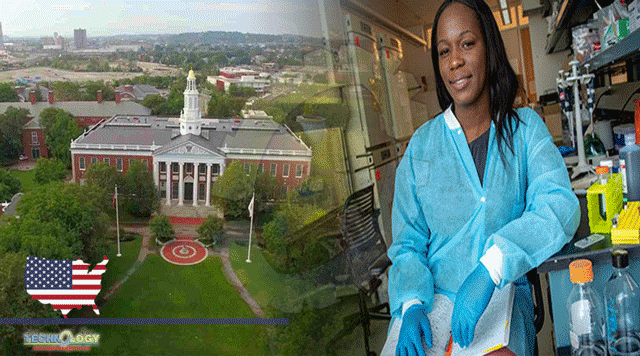Obatala Sciences Granted An Exclusive License From Harvard University To Commercialize Innovations That Enable Study Of Human Fat Tissue.

New Orleans-Based Biotechnology Firm Obatala Sciences Has Been Granted An Exclusive License From Harvard University To Commercialize Innovations That Enable The Study Of Human Fat Tissue In Vitro.
The licensed Harvard technology, an adipose-on-a-chip, provides a method of obtaining adult-size fat tissue cells for study in vitro and enables the testing of weight loss and cancer-targeting therapeutics without the need for testing in animals, a news release said. It provides a more accurate and dynamic model of human tissue in its diseased state compared to traditional 2-dimensional culture, the release said.
The worldwide license agreement with Harvard enables Obatala to make the technology widely available for researchers’ use in drug discovery and R&D, the release said.
“We are elated to be able to expand access to transformational research tools from Harvard that may help speed up the research and discovery of better treatments for patients who are traditionally excluded from clinical trials and those who need them the most,” said Obatala Sciences CEO Trivia Frazier, PhD, MBA. “The adipose chip technology provides us another crucial tool to promote diversity in research and improve outcomes for all patients. Organ-on-a-chip technology is revolutionary and may forever change the way we approach drug discovery on a global scale.”
“I am excited for the translation opportunity that the license to Obatala represents for these technologies developed in the Disease Biophysics Group at Harvard,” said Kit Parker, PhD, the Tarr Family Professor of Bioengineering and Applied Physics at Harvard John A. Paulson School of Engineering and Applied Sciences and Associate Faculty member of Harvard’s Wyss Institute for Biologically Inspired Engineering. “Trivia and I have talked for almost a year now and share a vision of how organs on chips can enable innovation in the pharma and biotech industries, and how the spin-off technologies represent new therapeutic opportunities in and of themselves. I’m hopeful that my lab’s innovations in tissue engineering may lead to numerous impactful uses of synthetic adipose, including this effort to accelerate the development of better treatments for disease.”
Frazier, a New Orleans native, said Obatala is the first life sciences firm based in New Orleans that is run by an African-American woman. To date, Obatala has received more than $2 million in federal funds to support the commercialization of its hydrogels and media products, and it has made history as the first minority female-owned firm to raise over $1 million in institutional funds to grow a biotechnology enterprise in Louisiana.
The license agreement with Harvard, Frazier said, will help Obatala expand its offerings of microphysiological systems that biomedical researchers can use to mimic various tissues throughout the human body. In consideration for the license, the university has received equity in the company and is eligible to receive royalties on resulting products. The license agreement also includes global access provisions, in keeping with Harvard’s longstanding commitment to promote equitable access to technologies of significant public health benefit in developing countries.
This news was originally published at New Orlean City Business.